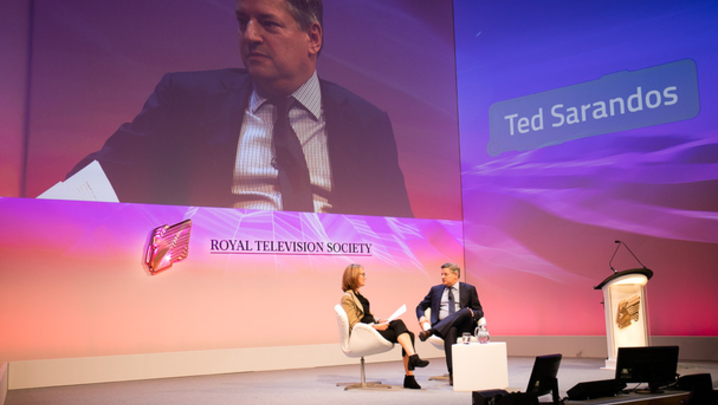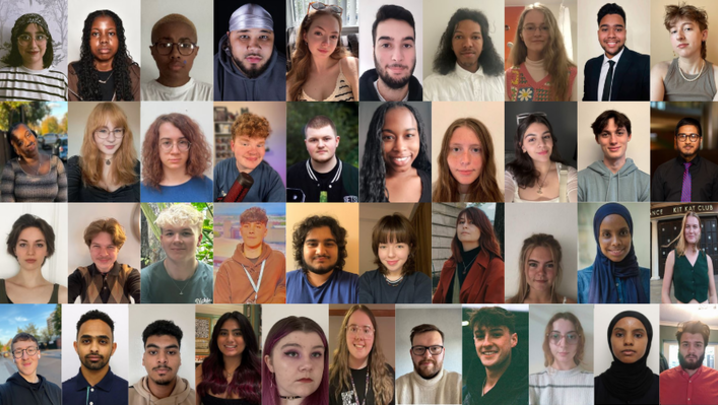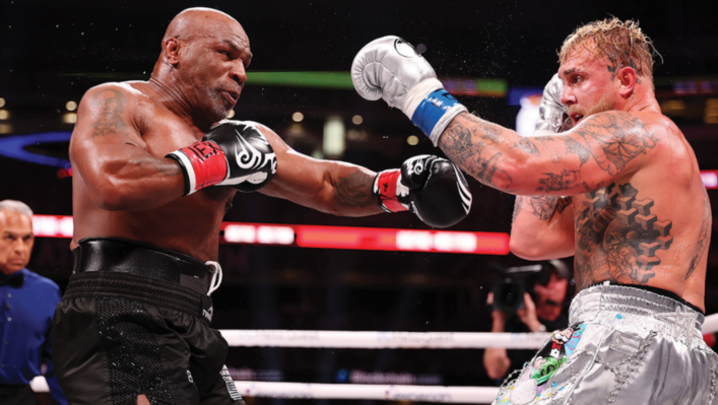The Crown represents a new high-water mark in UK drama production, hear peers and MPs. Matthew Bell reports
Part royal soap, part British political lesson, The Crown is all first-rate drama. To mark the release of its second season on Netflix, a packed RTS pre-Christmas event at the House of Commons heard creator and writer Peter Morgan, executive producer Suzanne Mackie and director Philippa Lowthorpe discuss how they made the award-winning series.
Season 2 of The Crown, produced by UK indie Left Bank Pictures, begins with the Suez crisis in 1956 and ends with the Profumo affair in 1963.
It also wrestles with Prince Philip’s rumoured infidelities, but Morgan said: “I don’t think anything we’re saying is controversial. The marriage is clearly a triumph – they’ve been married for 70 years. If there were complexities along the way that makes it just like any other marriage that’s lasted 70 years.”
In total, the writer plans a six-season, 60-part series covering the reign of Elizabeth II. “Some issues are inflamed and sensitive,” admitted the writer, “but not to tackle them head on would be irresponsible. I’m wrestling with this [problem] the whole time.”
One such story is the disastrous marriage of Charles and Diana, played out in the press, and her tragic death. “The period when Diana enters the story… I think of it as almost, narratively and dramatically, like haemophilia – you just touch it and it bruises. You have to be really careful how you handle it.”
The writer admitted that, although he doesn’t yet know where the story will end, he is unlikely to bring it fully up to date. “You do not want the drama to feel journalistic. I’ve always felt that you need at least a decade, because, without a separation of time and without distance, there’s no room for metaphor,” he said.
“As soon as you write about [Anthony] Eden [and the Suez crisis], for example, you see Iraq,” explained the writer. In another episode of season 2, he added, “women are being groped in a restaurant and it has enormous resonance with where we are today”.
The audience at the RTS event was treated to a screening of episode five from season two, “Marionettes”, directed by Lowthorpe.
In this episode, the Queen learns to adapt in order to thrive in a less deferential age. The Queen Mother, of course, is appalled that the “divine right of kings” is no longer recognised.
“When you approach a decade, you become conditioned to think in terms of the greatest hits,” said Morgan. And, he conceded, there were major events that had to be covered, such as Profumo and the death of JFK. But the writer was also determined to cover less well-known stories. In “Marionettes”, the now largely forgotten liberal Tory and journalist Lord Altrincham suggests royal reforms and innovations, including the Queen’s first televised Christmas Day message, that help to modernise the monarchy.
‘At the end of the meeting, they looked at each other and said, “We’ll have that, please”, and pretty much got the chequebook out’
“Whether I’ve heard of it, I take as a barometer of whether people will know a story or not, such as Altrincham. I’ve trawled this stuff long enough now to probably be something of a specialist and I had no [knowledge of] it,” said the show’s creator.
“The lovely thing about this episode is that Peter had taken this microcosmic story and grown this beautiful script from it,” said Philippa Lowthorpe. “It is a tiny corner of history but it says so much.”
Executive producer Suzanne Mackie added: “We knew that, somehow, [the story] represented a shift in the prevailing attitudes towards the Queen and the monarchy. It was a brilliant way to say, ‘The times they are a-changin’.’”
Nitpickers have obsessively fact-checked The Crown, but historical errors seem to be few and far between. “Happily, [with] the people who we’re making these programmes about, where they go and what they do is a matter of public record. I’ve got this big bunch of researchers who are all fabulous,” said Morgan. The research team gives him as full a record of the royals’ lives as possible. When he fills in the gaps, he describes the process as “less an act of fantasy and more an act of imagination”.
He admitted that, on a strict historical basis, “of course, I get it wrong” sometimes. “But my view is that the audience is so sensitive and has such fine instincts that, if they reject [something], then it’s probably wrong. Even if you don’t know the facts, you can smell when something is bogus.
“We do our very, very best to get it right, but sometimes I have to conflate [incidents],” he continued. “You sometimes have to forsake accuracy, but you must never forsake truth.”
Peter Morgan is currently “immersed, planning and plotting” series three and four, which will feature a totally new cast.
“It was all or nothing,” said Suzanne Mackie. But, so far, the only cast announcement sees Olivia Colman replacing Claire Foy as the Queen. The writer argued that trying to age Foy and Matt Smith’s Prince Philip “would be ridiculous – they’d start looking silly with chalk in their hair and prosthetics.
“It so happens that Olivia Colman looks a little bit like Claire, but we would have been quite happy if… the right person didn’t particularly look like Claire. There will be times when the person who takes over from the previous person will not look like them.
“But our attitude is that we’re going to cast the best people available, as if we were doing it from scratch, rather than thinking we need someone to look like the previous incarnation. We’re going to recast and start all over again.”
Freedom to be creative
Peter Morgan defended the decision to take The Crown to Netflix, rather than a UK broadcaster.
‘We went to the BBC and ITV, and we desperately tried to create a partnership between the BBC and Netflix. But it just didn’t work out,’ said the drama’s creator and writer. ‘My conscience is completely clear.’
Netflix commissioned The Crown, initially as a 20-hour series, on the spot. ‘At the end of the meeting, they looked at each other and said, “We’ll have that, please”, and pretty much got the chequebook out,’ said executive producer Suzanne Mackie. ‘That conviction gives you a lot of confidence going forward.’
Morgan added that the US streaming giant had shown ‘extraordinary confidence and trust – they really do not interfere whatsoever’ in the making of The Crown. ‘It’s a completely different medium – and the fact that I felt we were on the cutting edge of something made me feel less that I was doing heritage telly. It felt more cutting edge because of who they were. So, actually, I’m thrilled it’s Netflix because it galvanised and energised me.’
Philippa Lowthorpe, who has directed two episodes of season two, added: ‘The creativity in shows such as The Crown can only add to the general level of creativity in this country. People come [here] to make imaginative drama. It’s an amazingly exciting time for our industry.’
‘The Crown’ was an RTS event held at the House of Commons on 20 December. It was hosted by Damian Collins MP, Chair of the Digital, Culture, Media and Sport Committee, and Baroness Bonham-Carter, Lib Dem media spokesperson in the Lords and a former TV producer. It was produced by Sue Robertson and Martin Stott.





